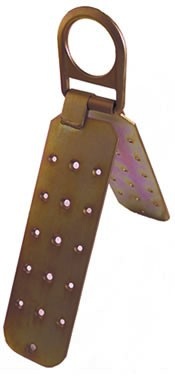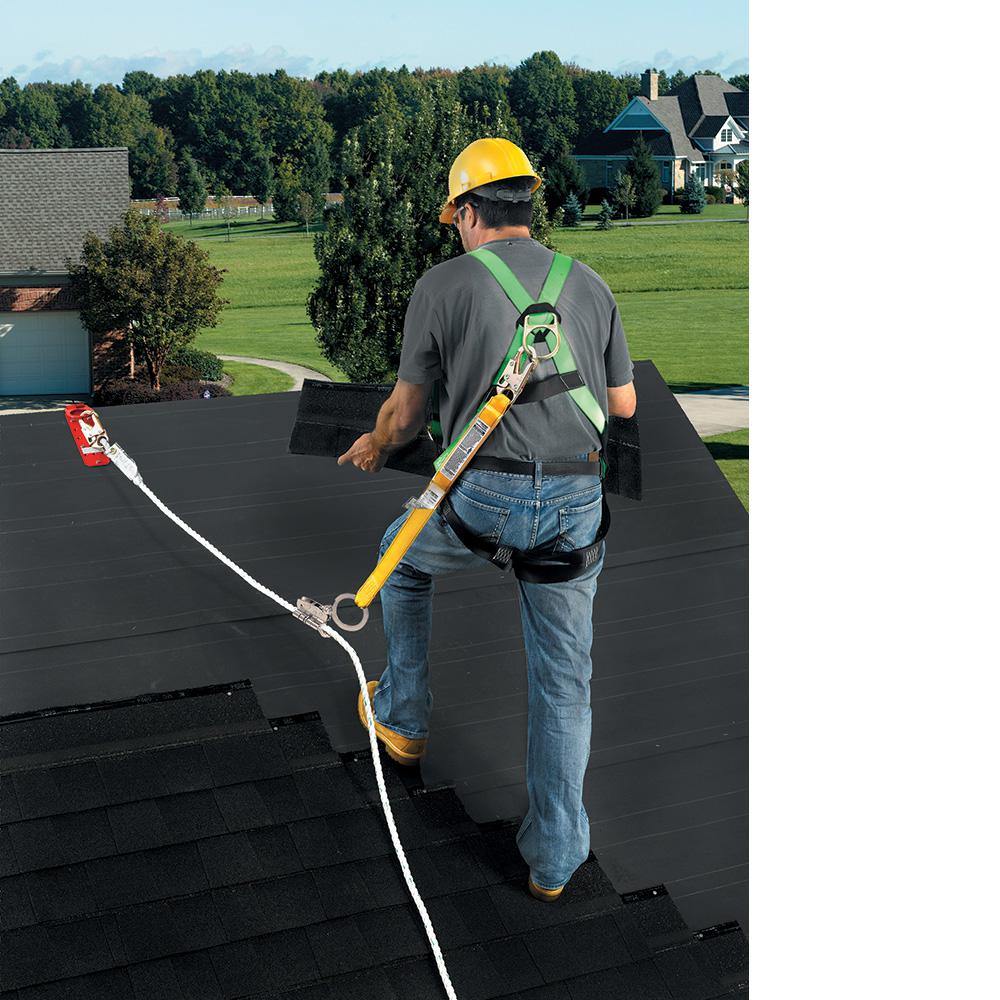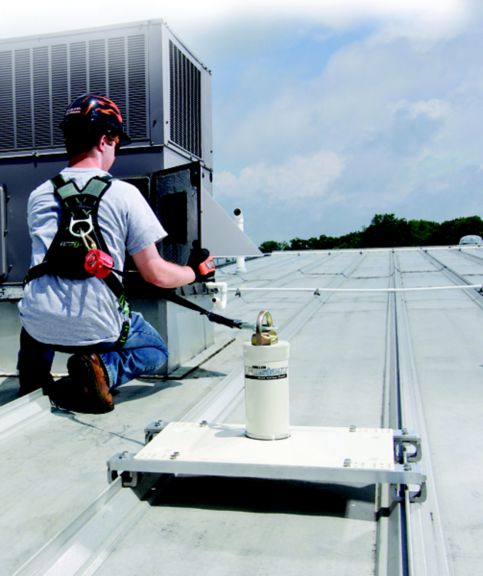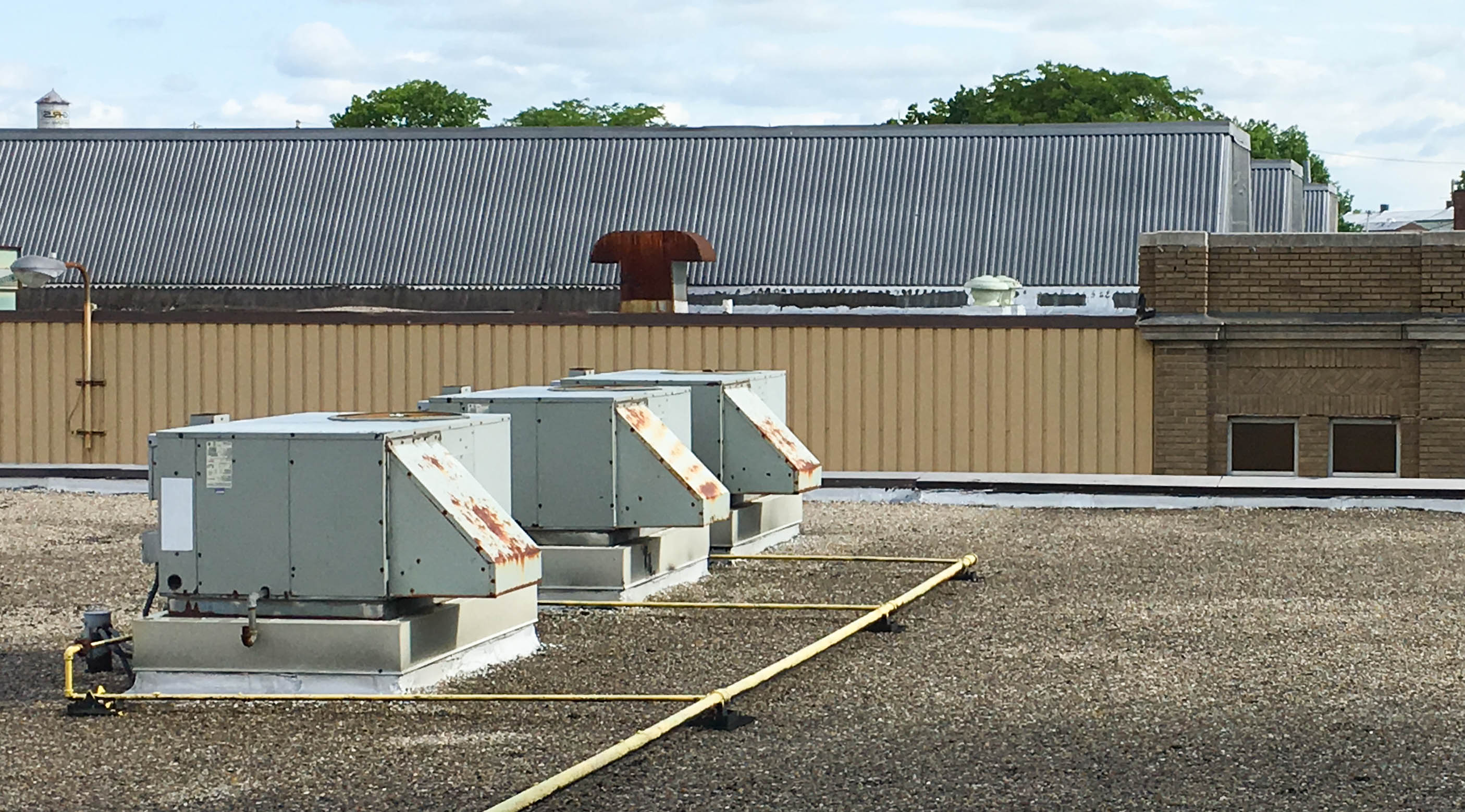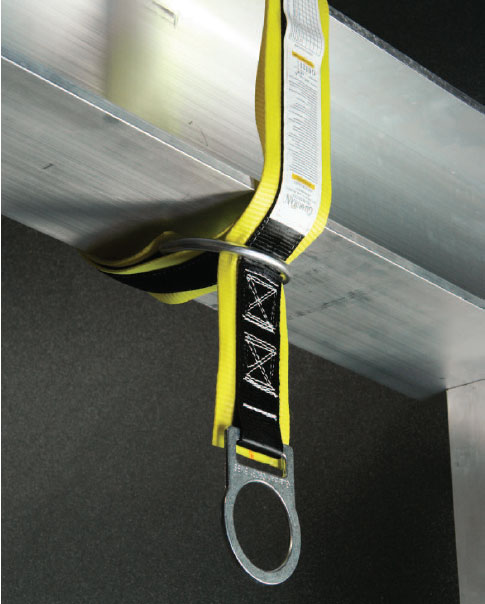How To Tie Off On A Roof With No Anchor

The 4 way plate anchor is another multiple tie off anchor rated for two workers in fall restraint or if leading edge work is necessary one worker in fall arrest.
How to tie off on a roof with no anchor. Locate the roof anchor directly above where you ll be working on the roof. Pull the entire throwing line over the roof until the rope is reached. Unfortunately without running stress tests on these anchor points at the specific point of the roof they are connected to it isn t possible to accurately calculate what type of pull force they. From the edge of the roof.
On a roof there are a number of permanent structures contractors can tie off to or permanent and temporary anchorage plates that can be installed. A jamb anchor can be clamped between the frame of a window or the posts of a door. This video is about all surface roofing construction. Don t work more than 4 ft.
Now the rope runs over the sloping roof. S series tie back anchor points california tie back anchor points rigging sleeves davit systems. Tie the adjustable sling around the tree and connect the sling with the rope in order to use the tree as a temporary anchor. At this point there is no more use for the throwing line it can be disconnected from the rope.
The rope that runs over the sloping roof can be attached to the safety eye with a safety hook. Certified carbon steel anchors are manufactured by certified welders and are designed and tested to withstand a minimum 5 000 lb load. Made of the highest quality u s. Relocate the anchor or add more anchors if necessary.
To the side of the roof anchor. Anchor points are usually installed on the roof and are used to connect lanyards lifelines and other forms of tie off which prevent a worker from falling. Anchor points are a vital part of a fall protection system. Roof anchors can be as simple as a d ring connection or as complex as a complete lifeline system.
Mount the roof anchor to the peak no closer than 6 ft. Hart training height rescue. However the jamb anchor is always wider than the frame or the doorpost which means that it cannot be installed if there is no room for the end that sticks out.














